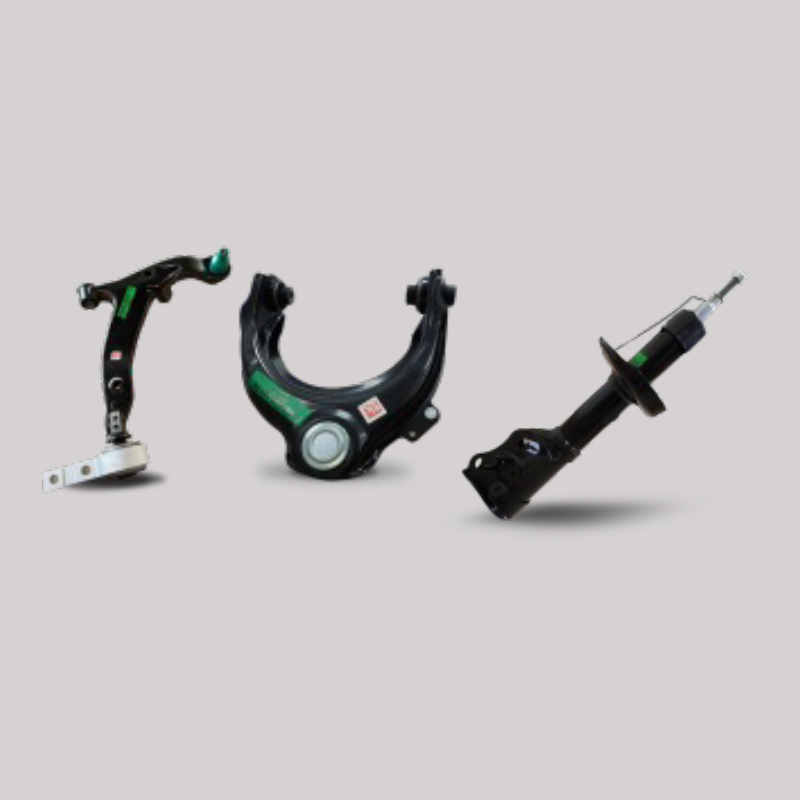
The Importance of Car Suspension: How to Spot a Bad Suspension

Car suspension systems are crucial for ensuring a smooth and safe ride. They not only absorb shocks from the road but also keep your tires in contact with the surface, providing stability and control. Understanding the importance of car suspension and how to spot a bad suspension can help maintain your vehicle’s performance and safety.
Why Car Suspension Matters
- Ride Comfort: A well-functioning suspension system absorbs bumps and road irregularities, ensuring a comfortable ride for passengers. It reduces the impact of potholes and uneven surfaces, making long drives more pleasant.
- Vehicle Control: Suspension systems help maintain tire contact with the road, which is essential for steering and braking. Good suspension improves handling and allows for better control during turns and sudden maneuvers.
- Safety: Proper suspension keeps your car stable and prevents it from rolling over during sharp turns. It also ensures that your brakes work effectively, reducing stopping distances and preventing accidents.
How to Spot a Bad Suspension
Recognizing the signs of a failing suspension system can prevent further damage and keep you safe on the road. Here are some indicators that your suspension may need attention:
Unusual Noises: Clunking, knocking, or squeaking sounds when driving over bumps or uneven surfaces often indicate worn-out suspension components, such as shocks or struts.
- Rough Ride: If your car feels excessively bumpy or you notice every little bump in the road, it could mean your shocks or struts are worn out and need replacement.
- Uneven Tire Wear: Inspect your tires regularly. Uneven or accelerated tire wear can be a sign that your suspension system is not maintaining proper tire alignment.
- Leaning or Pulling: If your car leans to one side or pulls to one side when driving, it may indicate a suspension problem. This could be due to a broken spring or other suspension issues.
- Nose Diving or Squatting: When you brake, your car should stop smoothly. If the front end dives excessively, or if the rear squats when you accelerate, it’s a sign that your shocks or struts are not functioning correctly.
- Visible Damage: Physically inspect your suspension system. Look for damaged or leaking shocks, struts, or springs. Any visible damage is a clear sign that parts need to be replaced.
Conclusion
Maintaining a healthy suspension system is essential for your vehicle’s performance, comfort, and safety. Regularly inspect your car for signs of suspension problems and address any issues promptly. By understanding the importance of car suspension and how to spot a bad suspension, you can ensure a smoother and safer driving experience.
Keeping your suspension in good condition will not only enhance your driving experience but also prolong the life of your vehicle.
At Emerald Auto Parts, we are committed to delivering top-quality spare parts to enhance your vehicle’s performance and safety. Don’t settle for anything less than the best for your ride!
Experience the difference with Emerald Auto Parts. Get in touch with us now!
Whatsapp us at +6012-638 9647
Use Waze to drive to Emerald Auto Parts 31 Jalan 3/57b, Kuala Lumpur, Wilayah Persekutuan Kuala Lumpur
